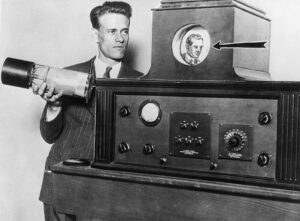
By 1996 I had even seen what the Internet could do, in terms of driving the emotions that become politics. I grew furious at trolls in CompuServe discussions about Michael Dukakis in 1988. It was only after I logged off that I saw the power.
We are now 8 political cycles in on the collision of politics and technology, and the relationship has turned now upside down. Technology now dominates politics.
Websites
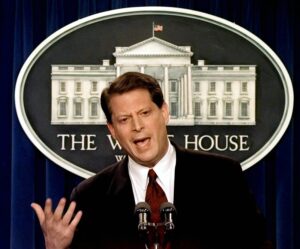
Webrings
2000, for those who don’t remember, was the year of the Webring. These were loose affiliations of personal web sites, coalescing around a candidate or movement. Bill Bradley had a good one.
Bush lawyer Ben Ginsburg killed them by having regulators (remember regulators?) classify them as campaign contributions and expenditures. This scared off both the ring runners and the campaigns.
Blogs

But it wasn’t scaled. That’s why Dean failed. An effort by Markos Moulitsas and Jerome Armstrong to have Dean invest in newer technology was unsuccessful, so the crowd in orange hats scared off Iowa primary voters. Yeeaaaarrrghhh! By then, Markos had founded his own discussion blog, Daily Kos.
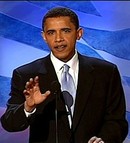
The self-service site even had Google’s look and feel. TV reporters covering the campaign paid no attention and were blindsided when this worked.
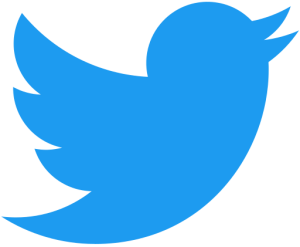
The Dark Web

Other countries have no sympathy given how the U.S. routinely interfered in their politics going back 200 years, to the Monroe Doctrine.
The Web as Video

The Death of Media
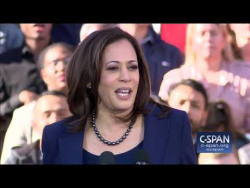
Why should they? It’s so much easier to stream with Howard Stern, Joe Rogan, or Elon Musk. Their questions are easy, and they like you.
Today you use TikTok to boost your vibes and deride the other side. Even the choice of online media is now a political choice. The Harris campaign is on Threads, guys.
Where this is going is toward regulation. By next year, everyone in government will be Internet literate. Everyone in politics will understand how to manipulate opinion online, and how their adversaries do it, including our nation’s adversaries.
The result will be Balkanization. The Internet is too important to not be under local government control. Other countries figured this out years ago. Now we have. The result is hard to predict, but I hope the impulse comes from the bottom up. I don’t think it will. Expect mistakes.










